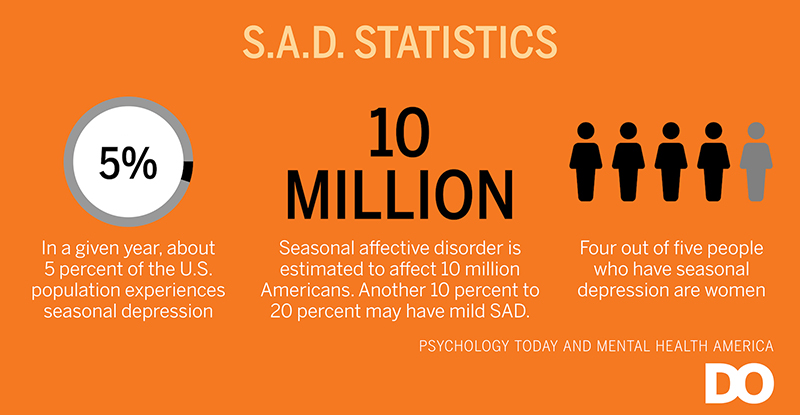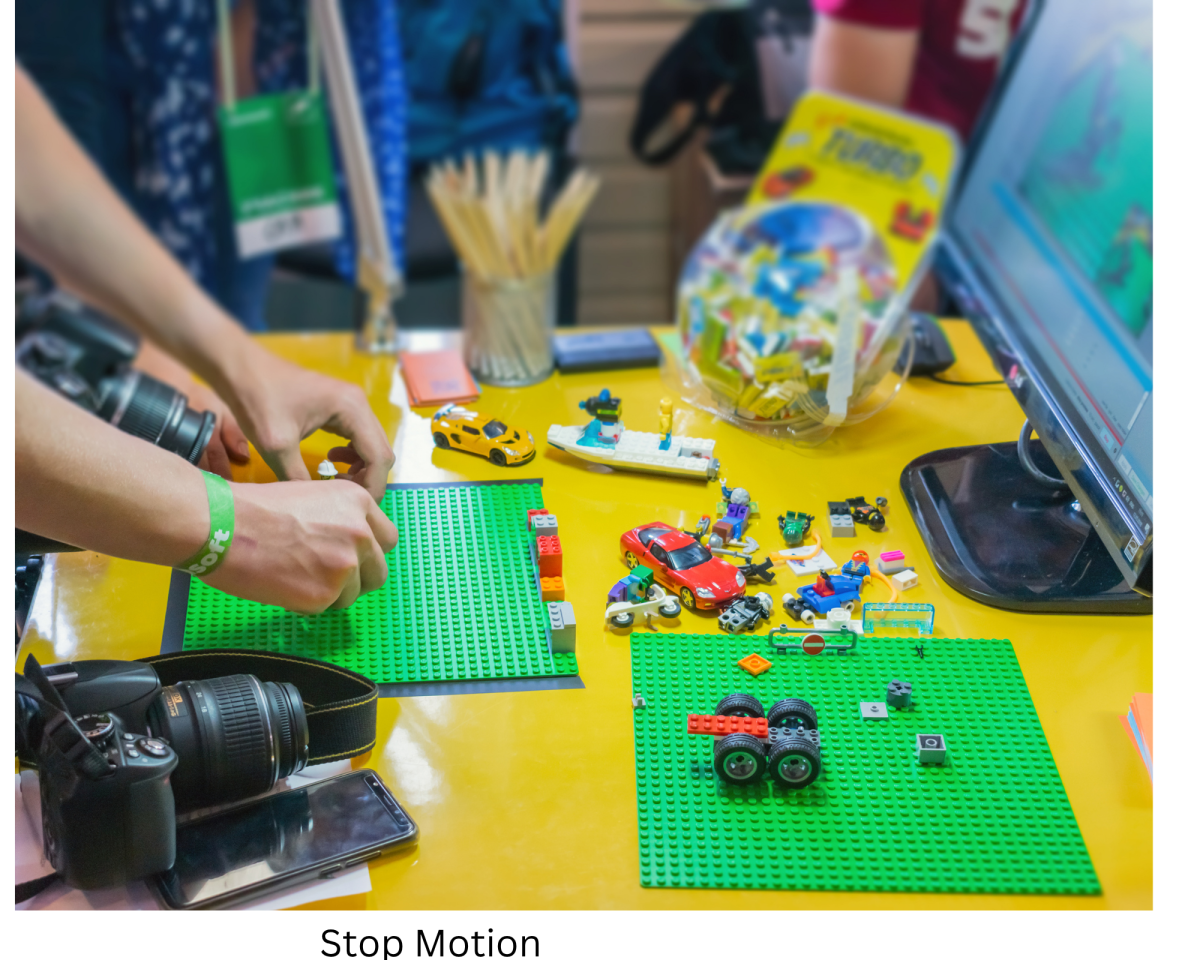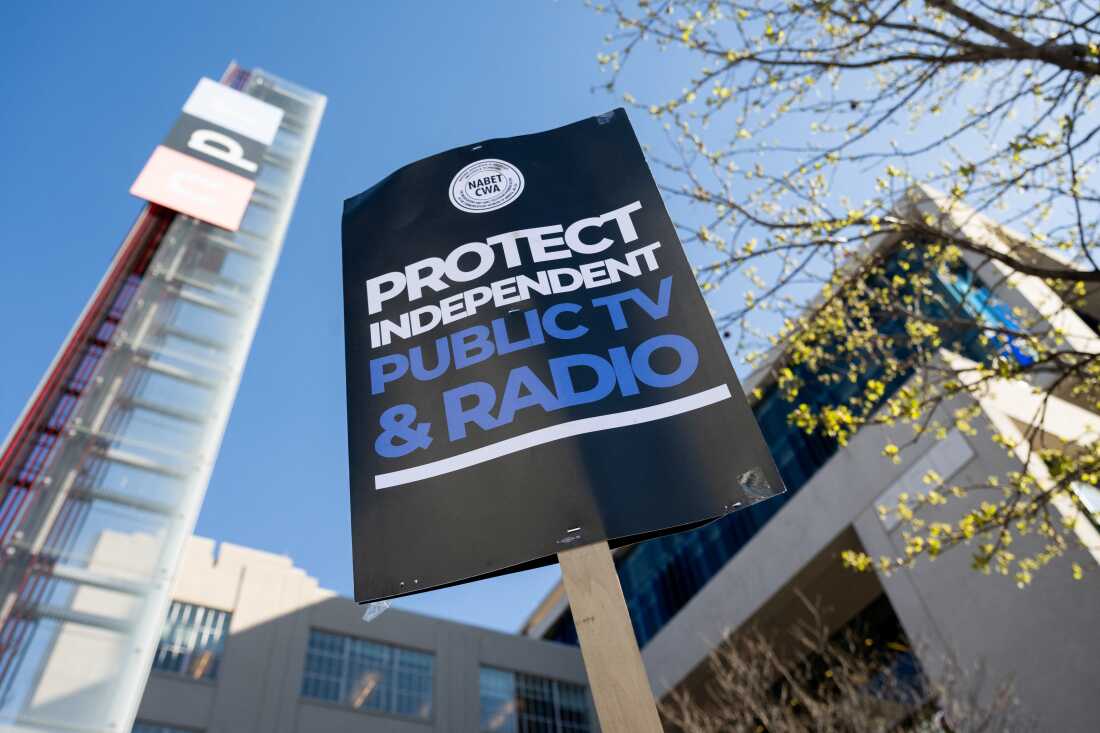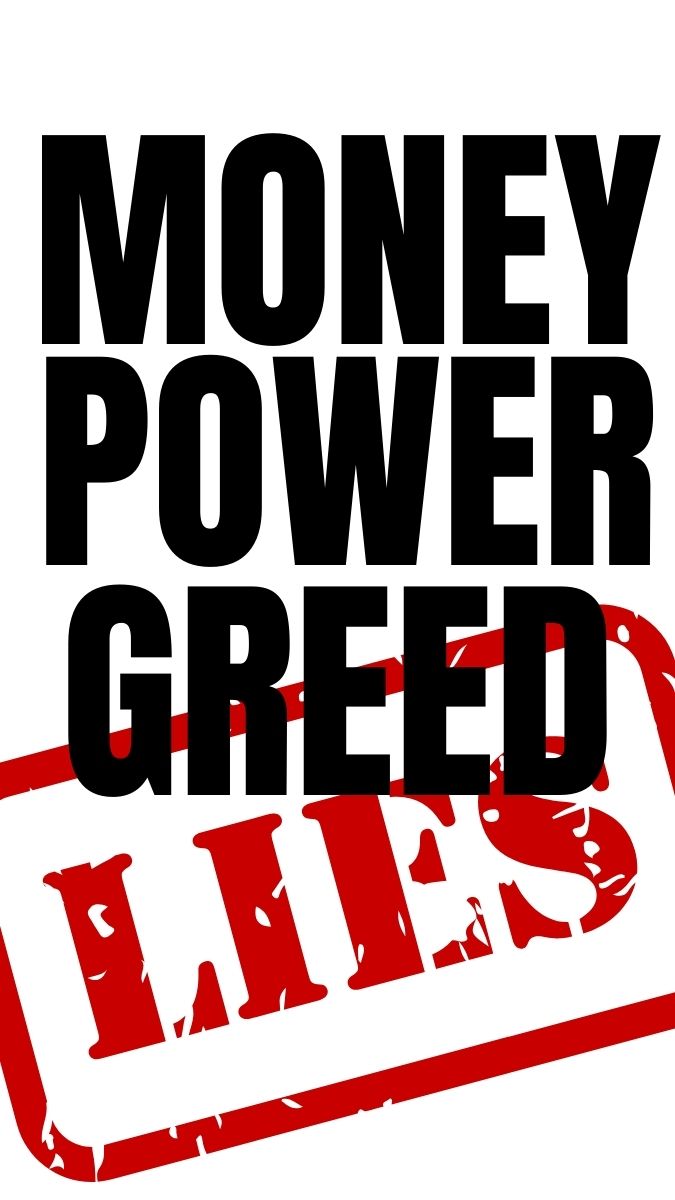What is your New Year’s resolution this year? Let me guess… you plan on getting a gym membership so you can “get into shape”. Well here’s the cold hard truth: you will most likely use that gym membership in January, then never use it again. The probability that you will commit to whatever your resolution may be, is low. In fact, 23% of Americans quit their so-called resolution within the first week, and 43% of Americans quit before the end of January. This goes to show that the majority of the population lacks commitment. But why is this? How can you change that?
You would assume people would find fulfillment in self-improvement. This is true; however, the greater issue here is people’s lack of motivation. I can guarantee you have made excuses like “I’m too tired”, “I have more important things to do” or “ What’s the point?” EVERYONE and I mean everyone is guilty of this. So the real question is: How are we going to solve this endless loop of excuses?
The initial step of creating and committing to your New Year’s Resolution is identifying a manageable but challenging resolution. Most people set the bar way too high for themselves and realize their resolution is not in fact obtainable which leads to quitting almost immediately. For example, many people’s resolutions involve exercise like running, but let’s be honest, are you going to run 5 miles a day? Most likely not, so be sure to make your goal realistic. This is different for everyone, no matter how big or small your resolution is, as long as you feel that this will improve your life and break your bad habits from the previous year, you are doing it correctly! Your resolution should be what is best for you, not what people expect of you. Resolutions like getting outside once a day, maintaining a relatively healthy diet, or simply spending more time with loved ones are perfect examples.
Now that you have created yourself an obtainable resolution, the next step is to find someone who will hold you accountable for committing to and completing this goal. This is crucial when you find yourself losing motivation to continue your resolution. Whoever this person may be, whether that be a friend, family member, or co-worker, explain to them that you need them to be a constant reminder and supporter during your journey.
Next ask yourself: “How frequently will I be acting on my resolution?” This can vary depending on what your resolution is. It could be every day, or a few times a week, but make sure you have identified the timing so you do not trail off. If you are forgetful, add your “resolution days” to your calendar or leave a reminder for yourself so you have no excuse to forget.
Now to address how to maintain your motivation, even on the days you feel lazy. The key to locking in your motivation is to picture yourself at the end of the year. Do you see a new and improved version of yourself, or the same old you? What seems like the better option for yourself here? I thought so.
Finally, remember to celebrate your accomplishments! Whether they are a big or small improvement, the positive reinforcement of these successes will motivate you to keep going. This resolution shouldn’t be a chore, you should view it as an opportunity to love yourself and become the very best version of yourself.
Good luck on your resolution journey, and Happy New Year!




























